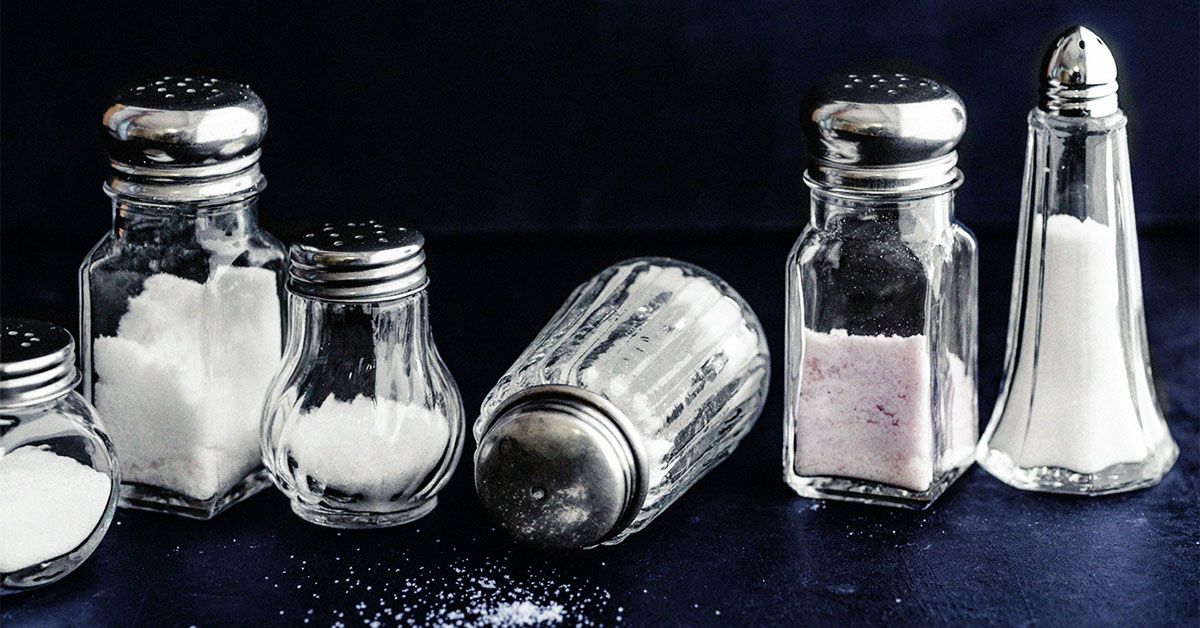Multiple sclerosis (MS) is a chronic autoimmune disease caused by the interaction between environmental factors, such as high dietary salt intake, and genetic risk factors. Regulatory T cells, which suppress an immune response against the body’s own tissue, can malfunction, leading to the development of MS and other autoimmune diseases. A recent study shows that high sodium levels lead to the upregulation of a molecular pathway involving the SGK-1 and PRDM1-S genes, causing regulatory T-cell dysfunction. This study reveals a potential mechanism by which a high-salt diet could increase the risk of autoimmune diseases.
Dr. Tomokazu Sumida, a professor at Yale School of Medicine and the lead author of the study, explained that previous research has shown that regulatory T cells are defective in autoimmune diseases such as multiple sclerosis, suggesting their critical role in disease development. The study uncovers the underlying mechanism responsible for the loss of immune regulation in MS, linking environmental and genetic factors. The researchers also identify a novel target for treating autoimmune diseases, shedding light on potential future therapeutic approaches.
Multiple sclerosis affects nearly 2.8 million individuals worldwide, with the immune system attacking myelin, the protective sheath covering nerve fibers. Dysfunction of immune cells, including regulatory T cells, leads to an immune response against the body’s own cells and tissues. The study compared differences in gene expressions in regulatory memory T cells from individuals with MS and healthy controls, revealing alterations in the PRDM1 and SGK-1 genes that contribute to regulatory T-cell dysfunction.
PRDM1-S, a gene encoding a protein that regulates regulatory T-cell function, was found to be overexpressed in MS individuals, leading to an increase in SGK-1 expression and decreased suppressive function of regulatory T cells. The PRDM1-S/SGK-1 pathway was identified as a common molecular mechanism underlying regulatory T-cell dysfunction in autoimmune diseases, suggesting a potential target for new therapeutic strategies. High dietary salt intake, associated with an increased risk of autoimmune diseases, activates this pathway, contributing to regulatory T-cell dysfunction in conditions such as MS.
The study highlights the potential of targeting the PRDM1-S/SGK1 axis in susceptible MS patients to prevent disease onset and progression. By understanding the molecular pathways involved in regulatory T-cell dysfunction, researchers hope to develop more effective therapies for autoimmune diseases. Further research is needed to explore the role of PRDM1-S in other cell types and its associations with viral infections and cancer progression, expanding the knowledge of autoimmune mechanisms and potential treatment options. Overall, this study offers valuable insights into the pathogenesis of MS and other autoimmune diseases, paving the way for future research and therapeutic advancements.











